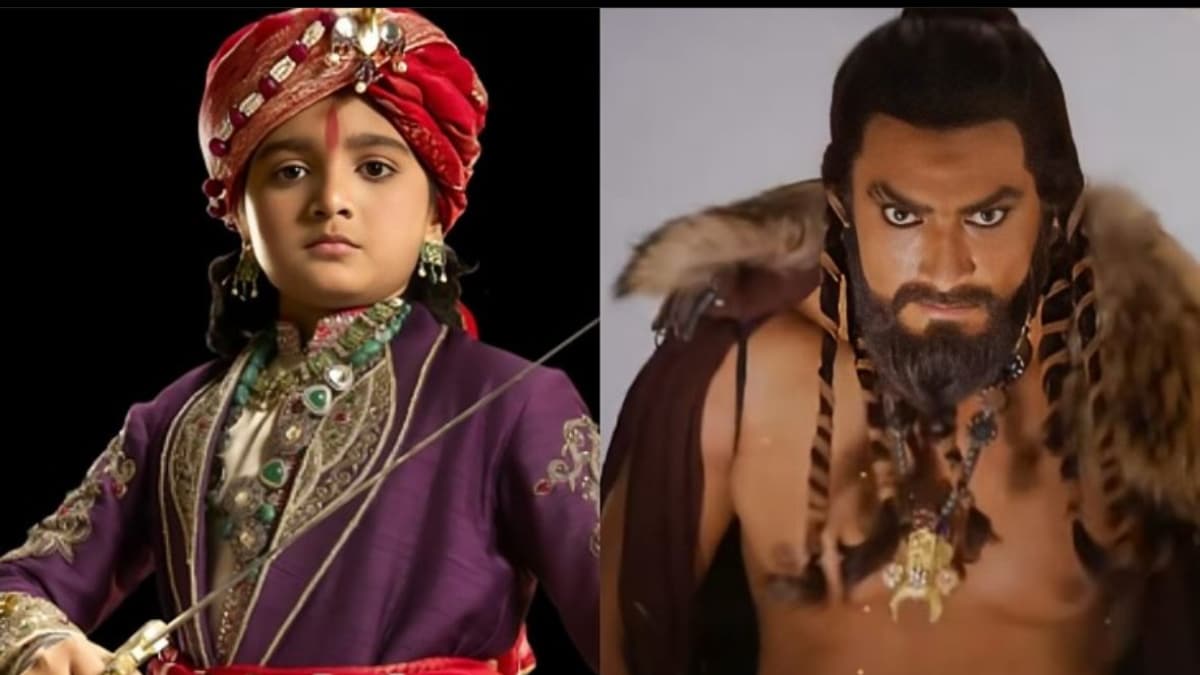

Vikrant Massey, the celebrated actor known for his roles in "12th Fail" and other impactful films, has recently sparked a fascinating debate by challenging the conventional narrative surrounding the historical figure of Samrat Prithviraj Chauhan. Inspired by the promo of the television show "Chakravarti Samrat Prithviraj Chauhan," Massey took to social media to share his perspective, arguing that Prithviraj Chauhan should be remembered as a winner, not a tragic hero.
Massey's argument centers on the idea that history often simplifies complex events, leading to misinterpretations of figures like Prithviraj Chauhan. He points out that Prithviraj Chauhan repeatedly defeated Muhammad Ghori in battle, even sparing his life on multiple occasions. It was only through deceit, Massey contends, that Ghori was ultimately able to capture Prithviraj, leading to his brutal execution.
Challenging the notion of Prithviraj's defeat, Massey emphasizes that civilizations aren't defined by single battles. He draws a stark contrast between the thriving lands of Prithviraj Chauhan – Delhi, Ajmer, and Rajputana – and the decline of Ghor, Muhammad Ghori's homeland, which has become one of the most underdeveloped regions in the world. To Massey, this enduring prosperity is a testament to Prithviraj's lasting legacy.
Massey's perspective reframes Prithviraj's story, shifting the focus from a tragic downfall to an enduring triumph. He encourages us to remember Prithviraj not as a king who fell to Muhammad Ghori, but as a leader whose courage, vision, and ideals continue to resonate. This viewpoint highlights the importance of considering historical narratives from multiple angles, moving beyond simplistic notions of victory and defeat.
This isn't just about historical accuracy; it's about how we choose to remember and honor figures from our past. By emphasizing Prithviraj's victories and the continued prosperity of his lands, Massey encourages a more positive and empowering interpretation of his legacy. He reminds us that true defeat lies not in losing a single battle, but in being forgotten. Prithviraj, Massey asserts, is far from forgotten; his spirit lives on in the hearts of millions.
Massey's comments have resonated with many, sparking discussions about the importance of critically examining historical narratives and celebrating the enduring legacies of historical figures. His heartfelt note serves as a reminder that history is not just a collection of facts, but a living narrative that shapes our understanding of the present. By challenging conventional wisdom, Massey invites us to reconsider how we view Prithviraj Chauhan, not as a tragic hero, but as a true winner whose impact continues to be felt centuries later.